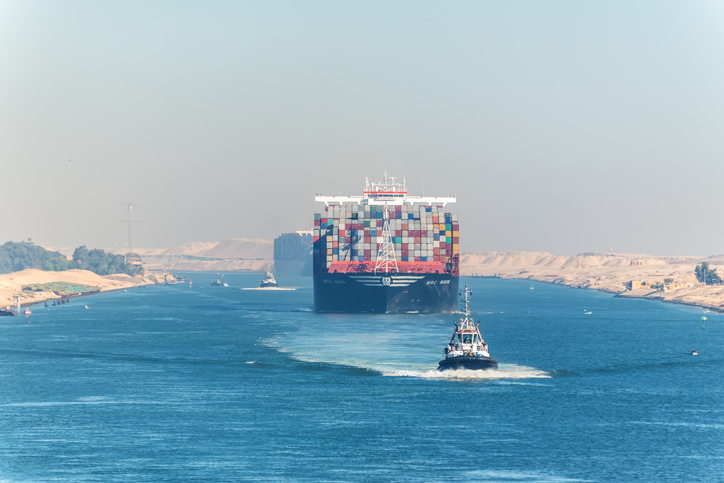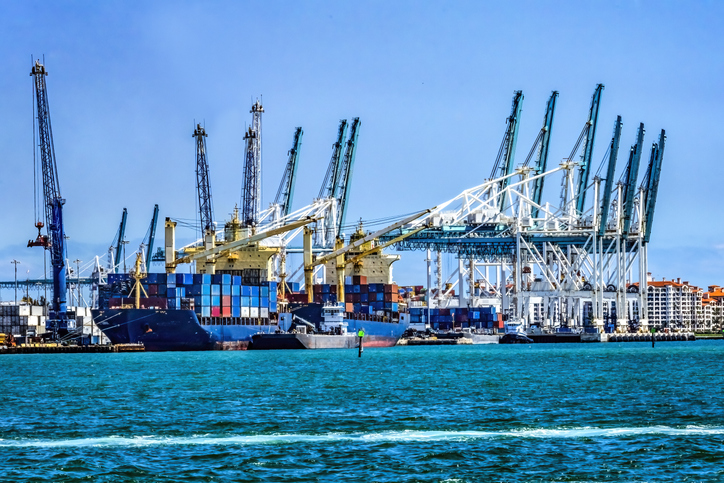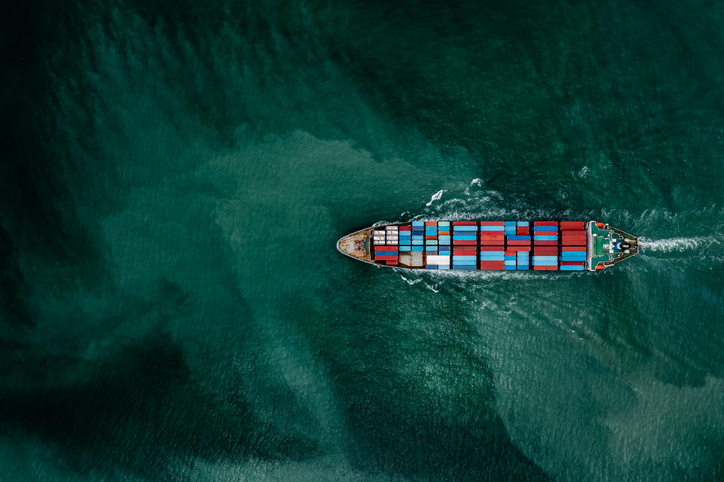
The Weekly Roar
In this week’s Roar: a renewed focus on contingency planning, a Red Sea update, declining truck tonnage, new FMC regulations, and companies voluntarily reporting emissions.
 The fallout from the CrowdStrike outage highlighted the fragility of several industries and supply chains. Even though the outage impacted a mere 1% of Windows devices, the disruption had huge economic and logistical consequences, emphasizing the need for higher standards in managing third-party computer updates, especially since the time it takes to recover can be much greater than the time of the actual incident. The event has experts calling for improved resiliency and contingency planning.
The fallout from the CrowdStrike outage highlighted the fragility of several industries and supply chains. Even though the outage impacted a mere 1% of Windows devices, the disruption had huge economic and logistical consequences, emphasizing the need for higher standards in managing third-party computer updates, especially since the time it takes to recover can be much greater than the time of the actual incident. The event has experts calling for improved resiliency and contingency planning.
The threat to commercial shipping in the Red Sea due to expanded Houthi attacks continues to escalate. Recent drone strikes, including one on Tel Aviv and attempts on box ships like CMA CGM’s Lobivia, signal heightened risks across the entire Red Sea. With insurance premiums soaring and container throughput tanking, companies are still opting for the longer, safer routes around Africa, which is expected to drive freight rates up even further.
Despite a 1% annual gain in May, Logistics Management reports a decline in truck tonnage again in June, the 15th time it’s dropped in the last 16 months. It’s a reflection of the volatility in the trucking industry and current economic fluctuations. Everything considered, the American Trucking Association (ATA) feels that the overall freight market is resilient.
There are new regulations in place from the U.S. Federal Maritime Commission (FMC) that are designed to prevent ocean carriers from refusing to transport cargo on the basis of “lame excuses.” The regulations are set to be implemented on September 23 in the hopes of protecting shippers and ensuring carriers honor their contracts. Carriers are opposed to the new move, however, it is backed by various retail and shippers and stakeholders.
Despite delays in regulatory mandates like the SEC’s climate-related risk disclosure rule, companies are voluntarily reporting on carbon emissions and other sustainability metrics in response to customer concerns and net-zero commitments. In order to meet market expectations, companies are enhancing transparency, hoping to win over customers who are intent on only buying from sustainable corporations.
For the rest of the week’s top shipping news, check out the article highlights below.









